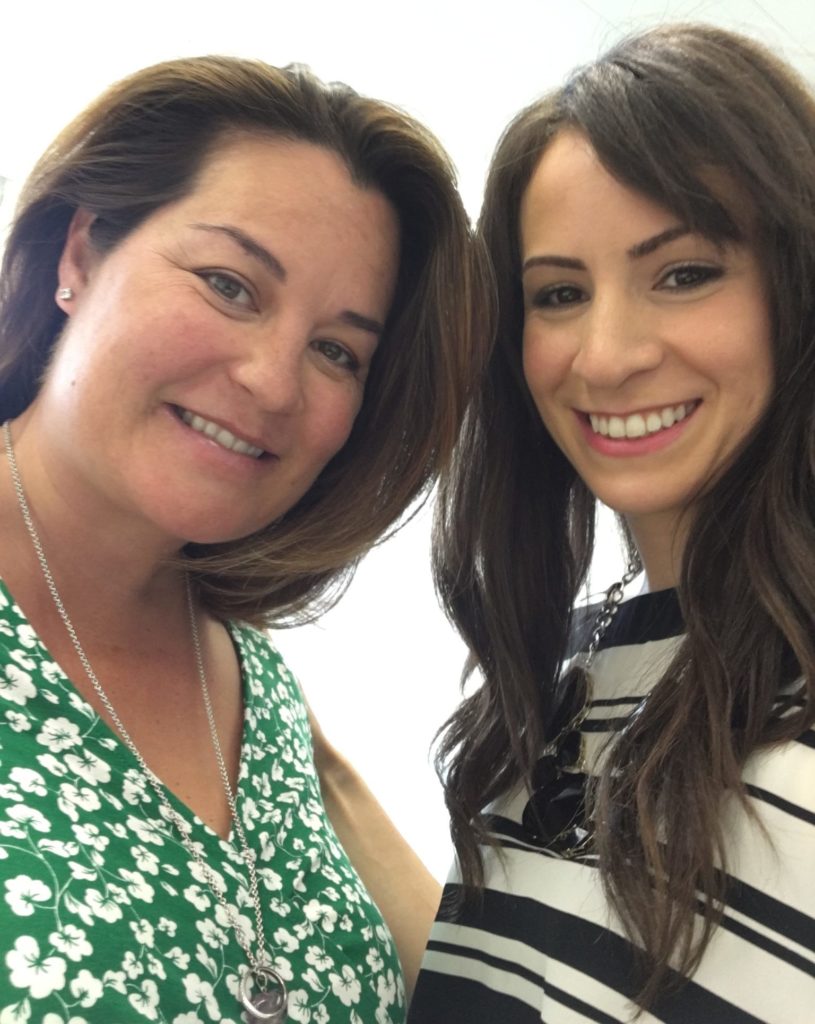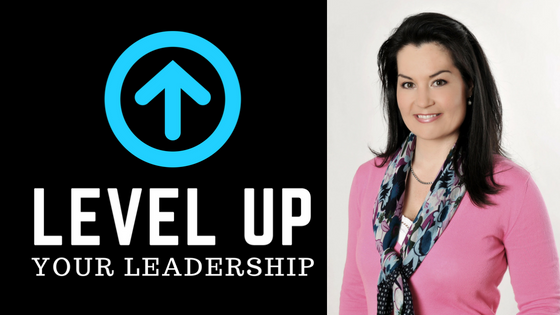Podcast: Play in new window | Download
Jennifer Thamm is the former Global Head of Change & Transformation Governance Risks at UBS. In addition to being a corporate executive, she’s also a wife, new mom, travel addict and sports fan. Jennifer has spent over 20 years working in finance, IT and risk management across the financial, insurance and consulting industries. Prior to her roles at UBS, Jennifer worked as a Senior Managing Risk Consultant at Thomson Reuters and managed several strategic and global programs at Zurich Insurance, including serving as Head of the Zurich Way and Growth Office.
So what keeps a risk expert at a major bank like UBS up at night? If you think it’s cyber risk, fraud, money laundering, the markets, or crippling regulations, you’re right. But you may be completely overlooking another critical risk factor that plays a huge role in your company’s financial success: your people.
After working for years in risk management, Jennifer has seen what can happen when employees aren’t provided the environment to perform at their best, whether it’s due to stress and burnout issues or working in a constant environment of fear. She believes (and I agree) that the companies who focus the most on their people are the companies who will ultimately perform the best financially.
Jennifer gives some great perspectives on how companies and employees can build high-performance cultures (which simultaneously mitigates their risks!) to create an environment that ensures you and your people are performing at your best:
- A great company comes out of a great company culture. When the culture is based in fear, people are absolutely unable to perform at their best and the company suffers. Jennifer shares a (quite frightening!) experience of hers when a senior leader boasted that his best leadership ability was to fire employees and replace them with better talent. Yikes! And her stories where fellow colleagues were suspicious of her because she was smiling at the office? A company culture where you can’t smile is definitely an atmosphere that’s not set up for greatness.
- Great performance comes out of great leaders – and great leaders focus on developing their teams. The culture is set, for better or for worse, by the leaders inside it. Period. Nothing else matters like the actions of the leaders. So leaders have an opportunity and a responsibility to act in the way that best supports their teams and the company in achieving their goals. A focus on the people by the managers is a key indicator of what a successful leader will look like.
- Don’t forget that YOU as a leader are one of those people you should focus on. Excellent leaders can often be so focused on their team members that they forget to prioritize a focus on themselves. Like the cliché of putting on your own airplane oxygen mask before assisting others, leaders must remember that they themselves are a vital member of the team and need to prioritize their own health and wellbeing alongside the goals of their employees and the company.
- Health and wellbeing (both physical and mental) are keys to resilience and success. It’s easy to get caught up in the 24/7 nature of the modern business world. Barely sleeping, emailing at all hours, sitting with immense pressure on your shoulders all the time, year after year – it can all lead to an unhealthy lifestyle and burnout. Jennifer personally knew several CEOs and Senior Execs who have died or gotten extremely ill immediately after retirement… and two who committed suicide. Choosing the healthy lifestyle that fits your needs and interests is a key way to build up your stamina, reduce your stress, and keep you resilient and strong in the face of challenges.
- Your people are your greatest asset and your greatest liability. Too often businesses focus on their investors, their customers, their products, and their competitors – at the expense of their people. One way to keep leaders focused on what matters most is by setting Key Performance Indicators about their teams and tracking them over time. Resilience and success will come from staying focused on the end game, having patience, and keeping positive influences around you.
Enjoy!
Lisa

In this episode, we discussed:
- What made Jennifer start her career in the field of risk
- Jennifer’s unique view towards risk (hint: she’s not the police wagging a finger at us, telling us what we can’t do!).
- Why risk management’s job is to be the CEO’s best friend – and how they help the CEO to achieve more goals.
- How Risk Management is just like American Football (and they’re the offensive linemen).
- About Jennifer’s entrepreneurial family, including her grandfather who started a successful business during the Great Depression.
- The timeliness advice Jennifer’s grandfather left her with to be resilient and successful at anything she pursued.
- Not just how or where to invest but WHEN to invest time, money, and resources to a project (hint: most big corporations get this one wrong!).
- How a great Risk Identification Process up front can save you from catastrophic results after a major project or change transformation at your company.
- Why one of the biggest risks across all organizations and all project are their people risks AND what you can do about it.
- What true leadership looks like (hint: it’s not authoritarian).
- Why the culture of the company is shaped by the leaders and authority figures period. Nothing else.
- Why a Balanced Scorecard helps to keep leaders – and companies – accountable and how to find the Key Performance Indicators (KPIs) to include on your scorecard (hint: you don’t need to find the perfect ones to find success).
- How finance organizations have changed in terms of culture and leadership since the 2008 crisis.
- Why a culture of fear makes it extremely difficult to get high performance out of your people.
- How smiling can get you strange looks (or even in trouble!) when the culture is fear-based – and why you should keep doing it anyway.
- How a “work family” can help to get you through the tough, stressful times on the job.
- How senior management are like the thoroughbreds at a horse race (and why they’re not taking care of themselves health-wise the way we would a thoroughbred, ending in sickness and even death!).
- Why it’s great that senior management are going to coaches and looking to prioritize themselves and their well-being
- Why all leaders should manage their physical well-being with mental well-being for their personal benefit as well as to support their teams.
- How knowledge about health and wellness gives your brain the extra power to make a conscious health choice instead of letting default (bad) habits run the show.
- How Jennifer made a conscious choice for her health to quit smoking from one day to the next.
- Jennifer’s #1 piece of advice for leveling up your leadership: focus on the people and relationships in an organization AND don’t forget that YOU are one of those people you should focus on!
- How we’re at a major precipice for big shifts in the workplace related to what the market is going to look like and how companies are structured.
- Why, when you love yourself, it’s so much easier to take care of others and why the best thing you can do in a VUCA world is to take care of yourself and take care of your people.
- Why Jennifer created a Personal ROI performance measurement sheet to track her success metrics over time.
- Why tracking the most important metrics on a daily basis helps you to stay focused on what matters most.
- How resilience can come from staying focused on the end game, having patience, and keeping positive influences around you.
- Why it’s important to stop every once in a while and acknowledge and be grateful for the successes you have achieved.
Links
Simon Sinek YouTube video – Why Good Leaders Make You Feel Safe
We Were Soldiers (Vietnam movie)
Swiss Women’s National Softball
Google Search Results on “Health and Wellbeing”
Personal ROI Spreadsheet (more details coming soon!)
If you enjoyed the podcast, please rate and review it on iTunes or Google Play – your ratings make a big difference in helping others discover Level Up Your Leadership. Want future episodes automatically delivered to your device? Be sure to subscribe. Thanks for listening!
